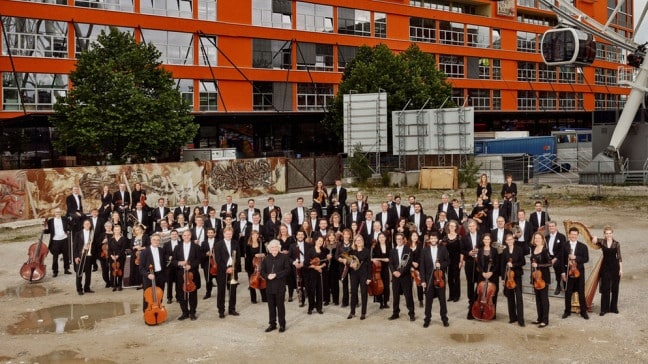US Congress debates digital royalties for record producers
mainA bill placed before the US Congress will give producers and sound engineers a statutory right to earn royalties from digital downloads of recordings they make.
Artists are guaranteed 45 percent under current law. The aim is to set aside 2 percent for the studio team. Details here.






2 %…
compared to 45% for the artists or “artists”. Wow.
That’s like almost a whole burger (and fries!) for a full CD production for the team behind the glass window.
I nominate the term “royalties” for misnomer of the year. It should be “pittance”.
The recording crew would normally be paid for making the recording whereas the artist would be financing it, either directly or via a record company.
Umm, no. There are many ways, but usually not.
Eh? Andy is right as far as I can see. The usual practice in the recording industry (both classical and otherwise), if that producer, engineer, studio, and so on are paid a daily / hourly / per-project fee which buys their services. In rare classical cases, and in many non-classical cases, a producer may also take a small royalty share if they are bringing something to the table artistically.
Artists, on the other hand (other than those hired in to play on someone else’s recording, who will be paid a fee commensurate with the rights being sought) will generally find themselves paid by royalties throughout the process. Some of that may be royalties “advanced” to them by a record label, but it’s still an amount based on anticipated royalty receipts, and calculated as a part of their eventual royalty share. More and more classical artists are funding recordings themselves, with or without the benefit of sponsorship, and in these instances an artist is playing for no fee other than potential royalties / sales-based income, but such an artist would still pay a fee to their production team.
What’s wrong with Andy’s statement?
I was taking issue with Andy’s remark, that artists in general would be financing the making of a recording. I don’t believe that’s correct in general. Also AFAIK producers always bring something artistically to the table, particularly when it comes to recording classical music. Isn’t the decision how to mix a recording a major artistic decision by itself, since the balance of all the instruments is an artistic decision making per se? Then they also produce takes AFAIK, like a conductor who is letting an orchestra repeat and rehearse.
Another issue that justifies for a recording team to be paid both upfront and in royalties, is their lack of other income sources. They only have recordings to make a living.
Musicians on the other hand, classical ones in particular, do not primarily have to make money with recordings, but build a name and reputation with them, which then help to boost their concert carreers and fees.